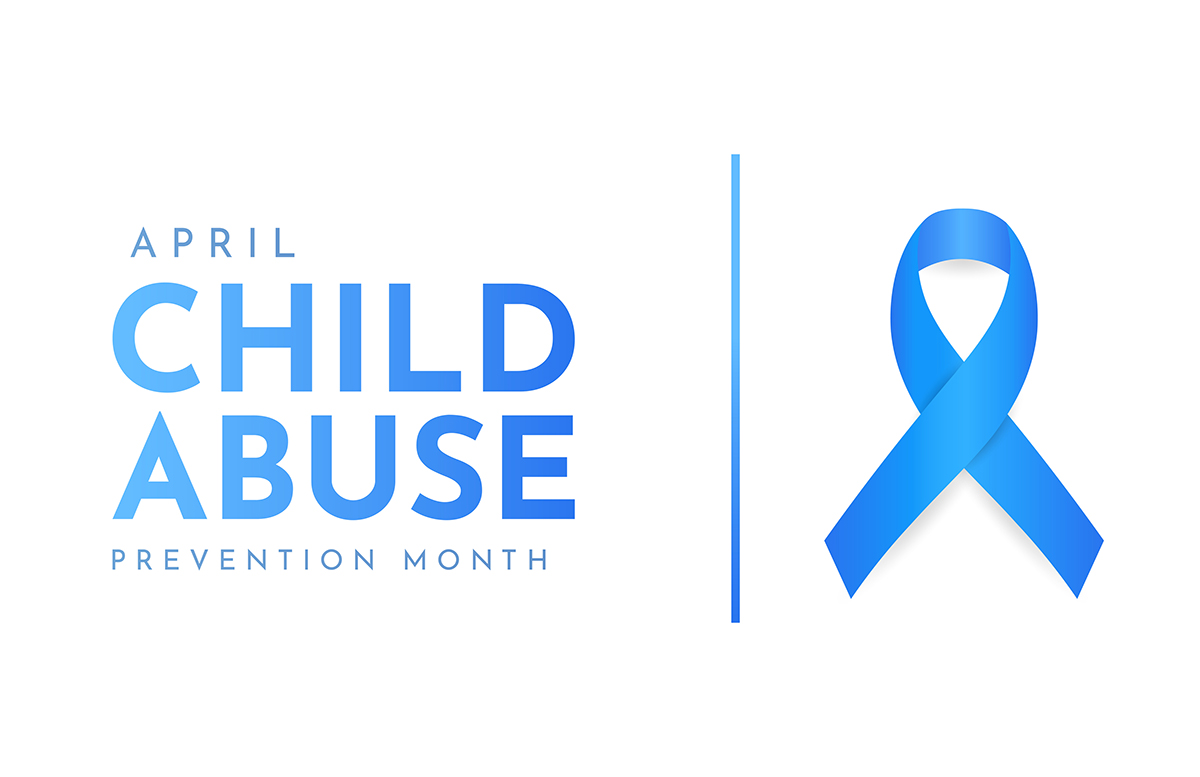
Every April, communities across the United States come together to observe Child Abuse Prevention Month, a time dedicated to raising awareness and promoting efforts to protect children from abuse and neglect. First declared in 1983, this month serves as a reminder that preventing child abuse is a responsibility shared by families, schools, organizations, and society as a whole.
Since 1998, the CHKD Child Advocacy Center has provided expert forensic medical evaluations, forensic interviews, mental health treatment, and advocacy services for children who may have experienced maltreatment and trauma, as well as support for their families. Last year, the Child Advocacy Center served more than 2,700 children at our Norfolk, Virginia Beach, and Newport News locations. The team, which includes board-certified child abuse pediatricians, forensic and mental health experts, and family advocates, provides compassionate, evidence-based care. This care honors each child’s unique circumstances and cultural background, empowering families and promoting hope and resilience within the community.
The Reality of Child Abuse
Child abuse remains a heartbreaking issue, affecting hundreds of thousands of children each year. In 2022, there were more than 550,000 victims of child abuse and neglect nationally; 1,990 children died from mistreatment, according to federal statistics. These cases often arise from circumstances that could have been prevented through community engagement, education, and support services.
Factors such as parental resilience, social connections, knowledge of child development, and access to concrete support systems can significantly reduce the risk of abuse. Working together to strengthen families and provide the necessary resources can create a safer environment for children to grow and thrive.
Why Children Don’t Speak Up
Many children who experience abuse do not disclose their experiences immediately — some never tell at all. Fear, threats from the abuser, feelings of guilt, and a lack of understanding about what constitutes abuse can prevent children from coming forward. In many cases, abusers use manipulation and grooming tactics to make their victims feel special or loved, further complicating a child’s ability to recognize the abuse as wrong.
As caregivers and trusted adults, creating an environment where children feel safe, heard, and believed is crucial. If a child confides in you about abuse, your first response should be one of support and reassurance — not investigation. Trained professionals are equipped to handle these delicate situations and ensure the child’s safety.
How to Talk to Your Child About Safety
Even if you have no reason to suspect abuse, it's essential to have open, age-appropriate conversations with your child about personal safety. You can start by:
- Letting them know that it is your job to keep them safe.
- Encouraging them to talk to you if something or someone makes them uncomfortable.
- Giving concrete examples, such as bullying, stealing, or inappropriate touching.
- Assuring them that you are there to help and protect them if anything happens.
If you ever have concerns, you can gently ask if anyone has done something to make them feel scared or uncomfortable.
Building Strong and Supportive Environments for Children
Children thrive in stable, nurturing environments. Parents and caregivers can take proactive steps to build healthy relationships and create safe spaces, including:
- Spending quality time together playing, talking, and engaging in activities that foster connection.
- Establishing routines to provide structure and security.
- Validating feelings and offering emotional support.
- Be mindful of supervision—always knowing who is around your child.
- Teaching online safety to help children navigate digital spaces securely.
- Seeking parenting support—through local programs, groups, or counseling when needed.
Raising children is not easy, and no one should have to do it alone. Asking for help, seeking professional guidance, and relying on a strong support network can make all the difference.
How You Can Help
Preventing child abuse starts with awareness and action. Here are a few ways you can contribute:
- Educate yourself and others about the signs of abuse and neglect.
- Support organizations dedicated to child welfare.
- Report suspected abuse—if you believe a child is in danger, contact child protective services or law enforcement immediately.
- Advocate for policies that promote child safety and family support programs.
A Collective Responsibility
Every child deserves a safe, loving, and supportive environment. This Child Abuse Prevention Month, let’s reaffirm our commitment to protecting our children and ensuring their well-being. By fostering strong families, engaged communities, and proactive conversations, we can work together to end child abuse and create a brighter future for all children.
Visit the National Child Traumatic Stress Network for informational fact sheets and other resources.






